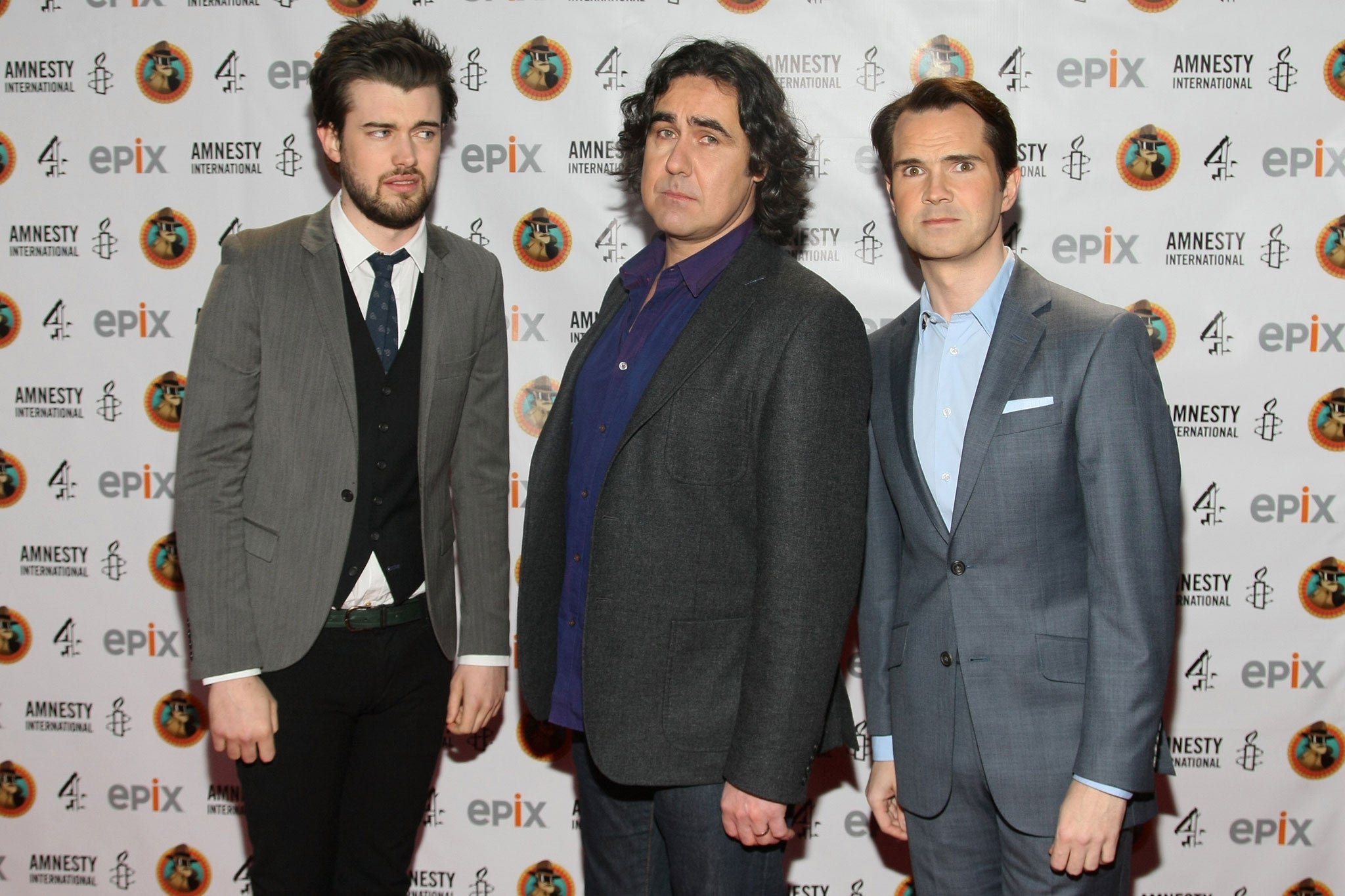Spare a thought for the comedians as the Pope gets on his horse
The moment news breaks Twitter has thousands of jokes in 140 characters


I once made up a joke, and it goes like this: No man is an island...apart from Barry.
Now I know this will not cause ruptured stomach muscles among the helplessly guffawing readers of this column, but at least it's a genuine, original gag, devised (if that's not too grand a term) while I was watching an episode of "Gavin and Stacey".
I have told it to many people down the years, and have waited in vain to encounter a random person telling it back to me, or to hear it, even, spoken by a proper comedian. I have concluded that it's not such a good joke, which is a shame because, had it gained some traction, I'd have been able to trace it right back from whence it came.
I have often wondered whether it's possible to discover the precise origin of a joke. Who first thought up the one about the horse walking into the pub? (Why the long face? asks the barman.) Or the man who tells the psychiatrist that he thinks he's a dog? (Lie down on the couch, he's told. Oh no, he replies, I'm not allowed on the couch.) I could go on (and on), but you get the point.
There is usually no form of etymology for jokes, which makes it difficult for anyone to claim authorship. Professional comedians, understandably, are intensely protective of what they consider their intellectual property, and do not see the funny side when their jokes are stolen, or are used without attribution. The Scottish comedian Arnold Brown once dressed me down for using one of his gags in a speech I was making, while a former colleague of mine was threatened with a law suit by a well-known stand-up artist when she "borrowed" a joke of his for a cartoon. Quite right, too. Why shouldn't those whose living is spent crafting jokes be paid royalties? All right, today's top comedians command rock star fees and earn mega-millions from their live tours, but it's a demanding, often lonely, life.
And spare a thought for how much harder, in the world of Twitter, their job has become. In the old days, any stand-up worth his or her salt would have a routine of topical gags. Horse meat, Chris Huhne, the Pope: whatever's in the news would be fair game, and the chances are that the audience would be hearing the jokes for the first time. Fat chance now. No sooner had the Pope announced his resignation than Twitter was alive with Pontiff-related funnies (my favourites were ex-Benedict and the observation that the new Pope will have his work cut out now that the transfer window has shut).
Similarly, when the horsemeat scandal broke, there were a thousand jokes in 140 characters or less. (What do you want on that burger? Twenty pounds each way, please.) What chance would Jimmy Carr or Jack Whitehall have of taking to the stage and telling a gag about a newsworthy event that no one had heard previously? We read that one on Twitter. And that one came round as a viral. But at least there's one blessing of the digital world: each joke comes with a by-line.

Join our commenting forum
Join thought-provoking conversations, follow other Independent readers and see their replies